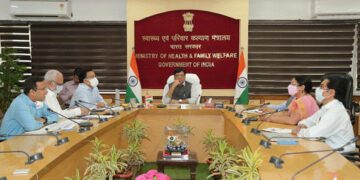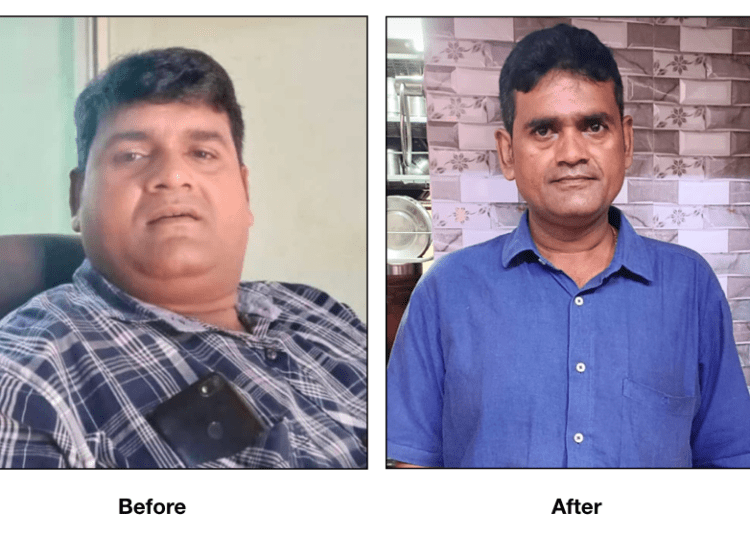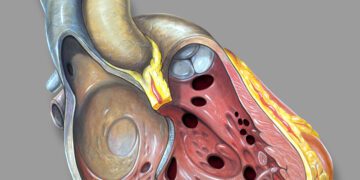By Health In Five Writer
A team headed by Dr. Aparna Govil Bhasker, consultant bariatric surgeon in Mumbai, successfully treated a 40 years old businessman man weighing 122 kgs and a body mass index (BMI) of 42.2 Kg/m2. The patient had undergone right leg amputation in a road traffic accident during childhood. Over the years, he gradually gained weight. He also suffered from severe covid-19 infection two years back and was treated with steroids. This led to steroid-induced avascular necrosis of both hip joints which added to his problems and hampered his mobility. About 9 months back, he underwent laparoscopic sleeve gastrectomy for the treatment of obesity and has lost 43 kgs. Now, at 79 kgs, he feels much lighter and his pain is reduced significantly.

“At the time of surgery, the patient’s weight was 122 kg and body mass index was 42.2 Kg/m2. There are multiple types of bariatric surgeries like the Roux en y gastric bypass, single anastomosis gastric bypass, and sleeve gastrectomy. He underwent bariatric surgery for weight loss in the form of laparoscopic sleeve gastrectomy in August 2021. Bariatric surgery is the only effective method for sustained weight loss in patients with severe obesity (when BMI >35 Kg/m2). In a gastric sleeve operation, the stomach is divided vertically using surgical staplers and a sleeve-like pouch is created. This restricts the quantity of food intake, leads to early satiety, reduces appetite, and causes many hormonal changes, which lead to weight loss”, said Dr Aparna Govil Bhasker, a consultant bariatric surgeon
“It is very important to focus on nutrition after bariatric surgery. Patients who embrace lifestyle modification tend to be much better in the long term”, added Mariam Lakdawala, Bariatric nutritionist. According to her, a good diet, regular supplementation, and moderate physical activity help patients to lose weight in a healthy manner after surgery.
“There are numerous reports that have linked obesity as a risk factor for developing more severe illnesses of COVID-19 as in this patient’s case. Post- Covid recovery in patients with obesity is also challenging. The use of steroids in his case led to avascular necrosis of hip joints which is the death of bone tissue due to a lack of blood supply. This further reduced his mobility which in turn led to more weight gain, thus forming a vicious cycle. Bariatric surgery is a boon in patients like him for whom there are no other avenues for weight loss due to their multiple medical conditions”, said Dr Bhasker.
Follow Health In Five on LinkedIn, Facebook, Twitter & Instagram
Subscribe on WhatsApp & Telegram to receive real time updates







































